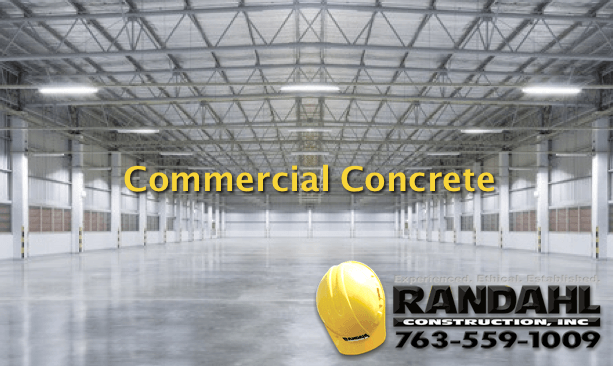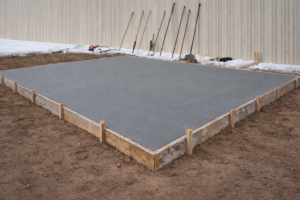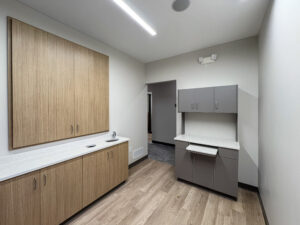
The lion’s share of construction projects that are undertaken in the United States are subject to building codes. Whether these codes are enforced at the state or local level varies depending on the location of the build. Often times, the types of codes that apply to commercial structures will differ from those that apply to residential structures, and vice versa. Yet, even though there’s significant variance when it comes to codes and how they’re enforced, every state in the Union with the exceptions of Kansas and Maryland has adopted building codes that apply to either residential structures, commercial structures or both. These codes are aimed at ensuring the safety of the people who live and work in these buildings and the well-being of any emergency responders that may need to enter the building. Some jurisdictions have building codes that also promote environmentally-conscious building practices, which not only enforce the safety of buildings, but also restrict the use of energy and resources in the buildings’ construction and maintenance.
Concrete Building Codes
As a common component in the building of both residential and commercial structures, concrete is subject to the general building codes enforced by the state or jurisdiction, as well as codes specific to the concrete structure itself. Since codes vary from state to state and municipality to municipality, there is no one standard to which a person can reference all concrete codes. Some aspects of concrete that are often regulated include climate-related specifications, compressive strength, chemical and water exposure, technician qualifications, concrete-forming regulations, and a large collection of other specifications. Because of the range of climates and conditions present in the United States and the degree to which concrete codes can change depending on location, it’s important for contractors, clients and DIY-ers alike to become familiar with the codes that are applicable to each build.
Minnesota Concrete Codes
Along with roughly three quarters of the states in the U.S., the state of Minnesota has enacted statewide minimum building codes. The Minnesota building code is an umbrella code that includes codes for a litany of construction specifications and materials, including concrete. As the Minnesota Commercial Concrete Experts, we’ve worked to obtain an in-depth knowledge of concrete projects and the codes that accompany them. If you’re interested in learning more about commercial concrete, take a look at our concrete contractor information series, which provides an overview of helpful commercial concrete information. To get a quote or consult with us on a specific project, simply give us a call or send in a quote request.
Concrete Codes and Standards
We hope we’ve helped provide a primer on Concrete Codes and Standards and their role in construction projects. Be sure to head our news and information section for other helpful articles, and check back soon for up-to-date industry information and how-to’s.
Minnesota Concrete Projects
Are you interested in speaking with a concrete expert regarding an upcoming concrete project or potential project? We can help. Call 763-559-1009 to get started – Free estimates, Minnesota site visits, and concrete industry expertise.




